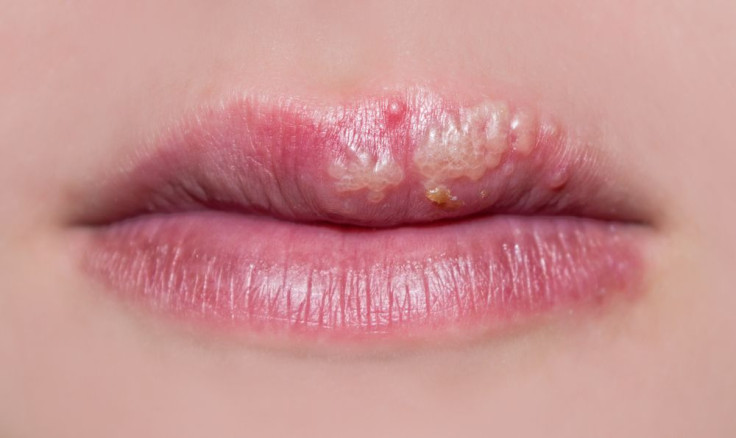Alzheimer's Risk Doubled In People With Herpes Virus; How The Virus Stimulates Alzheimer's Development

It almost seems improbable that the herpes virus would be linked to the development of Alzheimer’s disease. They are, after all, two entirely different diseases, with the former causing cold sores and the latter causing memory loss. But a new study finds that people carrying the herpes virus have double the risk of developing Alzheimer’s. Considering that almost everyone contracts one particular form of the virus, it could explain why so many people also develop Alzheimer’s.
Though herpes is normally believed to be a sexually transmitted disease, the virus actually comes in two forms, herpes simplex type 1 and type 2. It’s type 1 (HSV-1) that’s contracted by most people in childhood, and transmission doesn’t require a person to have symptoms, such as cold sores. According to the American Academy of Dermatologists, the virus is present in up to 90 percent of the population.
The correlation between the two diseases may be explained in a study from 2011. Researchers from three different institutions found that when these dormant viruses reactivated, they interacted with cellular membranes containing amyloid precursor proteins, the chemicals that cause the development of Alzheimer’s. During these interactions, they found that APP helped HSV-1 travel along the nerves. But at the same time, it was disrupting APP’s own transportation and distribution, a finding the researchers could spur production of amyloid plaques, a hallmark of Alzheimer’s disease.
For the current study, researcher Hugo Lövheim of Umeå University and his team tested the blood plasma of 360 Alzheimer’s patients and 360 patients who were dementia free. The samples were taken about 9.6 years prior to any Alzheimer’s diagnosis. Although they didn’t find an association between the two in the overall study sample, they did find that patients whose diagnosis came 6.6 years or more after blood was taken were more likely to get Alzheimer’s disease.
Another July study from Lövheim also found an association between the two conditions. In that one, 3,432 people were tested for Alzheimer’s 11.3 years after blood samples were taken. Again, a person’s risk of Alzheimer’s were doubled if they had antibodies to HSV-1 in their blood — a sign of a reactivated virus.
“Our results clearly show that there is a link between infections of herpes simplex virus and the risk of developing Alzheimer’s disease,” said Lövheim, an associate professor at the Department of Community Medicine and Rehabilitation, Geriatric Medicine, at Umeå, in a statement. “This also means that we have new opportunities to develop treatment forms to stop the disease.”
With such a connection between the conditions, Lövheim believes that treatment of herpes with antiviral medications may be pushed even further to include prevention of Alzheimer’s. However, he said this potential will need further study.
Source: Lövheim H, Gilthorpe J, Adolfsson R, Nilsson L-G, Elgh F. Reactivated herpes simplex infection increases the risk of Alzheimer's disease. Alzheimer’s & Dementia. 2014.
Published by Medicaldaily.com



























